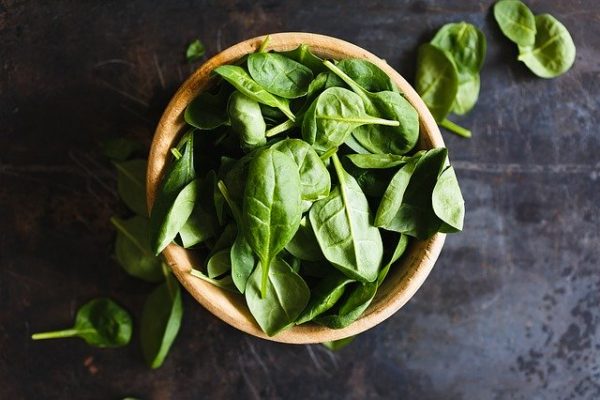 When the topic of an article revolves around what your dog can eat, there is usually a mix of information. Some research will show many good properties of a food. Some research will discuss why that food should never be given to a dog.
When the topic of an article revolves around what your dog can eat, there is usually a mix of information. Some research will show many good properties of a food. Some research will discuss why that food should never be given to a dog.
In the case of basil, there are many good things about it. After reading basil’s health benefit, why we don’t give it to our pups night and day. You might wonder why you aren’t eating it every day yourself! If some if good, more must be better, right?
6 Amazing Benefits Of Basil
- Anti-inflammatory: reduces inflammation caused by reaction or disease. Basil can ease arthritis, irritable bowel syndrome, or headaches.
- Antioxidant: protects cells against damaging elements. Basil’s bright green coloring comes from antioxidants. They will fight off cancer or heart disease.
- Antiviral: fights of viruses when they try to take hold in the body. When you eat basil, these compounds boost your immune system. They stop the development of viruses before you get sick.
- Antimicrobial: kills of foreign bodies in your body before they get a chance to make you sick. Germs don’t stand much of a chance against microbials.
- Basil calms the nerves and lifts your mood.
- Basil contains vitamins and minerals essential for healthy body function.
Is Basil Safe For My Dog?
The ASPCA states that basil doesn’t have any toxic properties that could harm your dog. Basil is safe for your dog to eat. Basil is actually one of the low-growing leafy greens, like grass, that your dog would eat in the wild.
In the wild, your dog would come upon a plant like basil, eat a little bit, and move on. Basil would be one small part of a broad spectrum of whole foods your dog would eat in a day. All of the above benefits are available to your dog as long as you don’t overfeed basil.
Is Basil Dangerous For My Dog?
There are always dangers to watch for when you give your dog a new food.
- Fresh basil is healthy for your dog. Some people think dry basil would be fine to use. Dry herbs can cause gas, though, which can make your dog (and anyone around your pup,) uncomfortable.
- Basil leaves are best to feed your dog. The more fibrous stems have more fiber and can also cause your dog to feel gas pain.
- Try to serve basil chopped lightly. Long pieces could catch in the throat and cause choking.
- If your dog eats a lot of basil at once, this might cause vomiting. Keep an eye on your dog. You might also consider moving a sick dog to an area that is easier to keep clean.
- There is a compound in basil, oxalates, that in certain dogs can build up and cause calcium stones. This isn’t something that happens right away, but builds over time. If your dog seems to be getting sick or weak, please call your vet.
- Another danger to your dog is if your dog eats basil straight from the garden. There are other little leafy plants that grow in parks and flowerbeds and might not be safe.
If your dog plays outside of your yard, don’t encourage random foraging. Know all the plants in your yard. If your dog does stay behind your fences, you might try planting a dog-friendly herb garden. The extra benefit you’d gain from this labor of love would be herbal fresh puppy breath.
How To Feed Basil To Your Dog
Your dog will love eating basil as a treat. Try chopping up a few leaves to sprinkle over regular food. Basil is a great herb to mince and freeze in ice cubes as a summer treat. Remember to avoid feeding your dog garlic or onion because of toxicity. And enjoy this garden herb you can share with your dog.

Hi, I am Andrew. I am the editor at FamilyWithPets. I am enjoy learning and sharing information about pets that helps enrich the lives of pets and pet parents.
